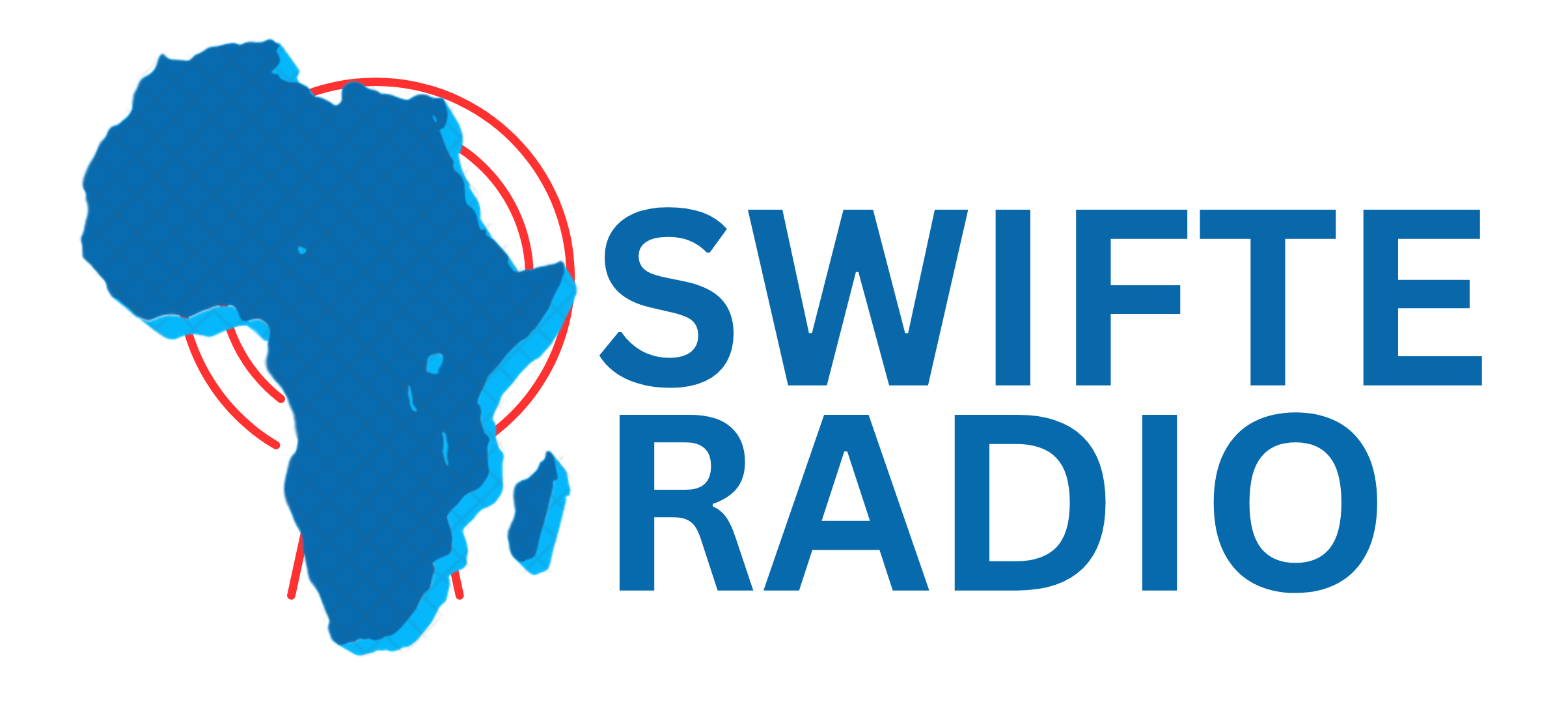Despite Finance Minister Chrystia Freeland’s recent claim that the Bank of Canada’s interest rate cut “shows that our economic plan is working,” a closer look at the numbers reveals a different story. In fact, real GDP per capita has declined in seven of the last eight quarters, highlighting the weak economic performance under Prime Minister Justin Trudeau’s leadership. Since Trudeau took office, cumulative GDP growth has barely reached 0.6%, compared to the United States’ robust 16.4% over the same period.
To put this into perspective, had Canada’s economy matched the U.S. growth trajectory since Trudeau became Prime Minister, Canadians would be 16% wealthier today. The interest rate cut, contrary to Freeland’s assertion, does little to suggest that the Trudeau government’s economic strategy is working. It’s more of a coincidence than an indication of success—like crediting a large breakfast for economic growth.
Most entrepreneurs and investors would agree that the Liberal economic plan is failing. Real business investment per capita fell 5% year-over-year in the second quarter of 2024 and has plummeted more than 15% since the third quarter of 2015. And the worst might still be ahead—this sharp decline came before the impact of the Trudeau government’s capital gains tax hike, which went into effect at the end of June. The Liberals argue that this tax hike won’t hurt the economy except for the wealthiest, but this claim, like many others about the economy, is flawed.
Public confidence in the government’s economic plan is also dwindling. While inflation has now moderated to under 3%, this does not undo the spike in consumer prices over the last few years. Today, the Consumer Price Index is 11% higher than it would have been had inflation followed its pre-2021 trend. The result is reduced affordability and growing financial insecurity for Canadians. According to a March poll by Abacus Data, 71% of Canadians said their household debt is rising, 65% expect a slow economic recovery, 52% feel financially unstable, and 74% believe housing affordability will only worsen.
Freeland’s claim that “our economic plan is working” rings hollow for most Canadians. However, one group that seems to be benefitting from the Liberals’ economic management is the federal public service. Between 2015 and 2024, employment in federal departments and agencies ballooned by 43%, compared to a meager 12% rise in private-sector and self-employment. This includes a 48% increase in staffing at the Canada Revenue Agency, and a staggering 80% rise at Employment and Social Development Canada.
It’s no wonder Canada is facing a productivity crisis. Despite Freeland’s optimism, Treasury Board President Anita Anand recently admitted that Canada is grappling with low productivity levels. The government has formed a working group to address this issue, but ironically, the federal government itself is an example of inefficiency. Canada Post posted its sixth consecutive annual loss in 2023, and mechanical failures recently left over 200 Via Rail passengers stranded for 10 hours without basic necessities.
While Freeland continues to insist that the government’s economic plan is on the right track, the evidence paints a different picture. In fact, a poll from earlier this year found that 70% of Canadians believe “everything is broken in the country right now”—a sentiment that seems to echo the dysfunction of a stranded federal train .
Sources:
- Lau, M. (2024). “Matthew Lau: Don’t Believe Freeland—Her Economic Plan Isn’t Working.” National Post.


